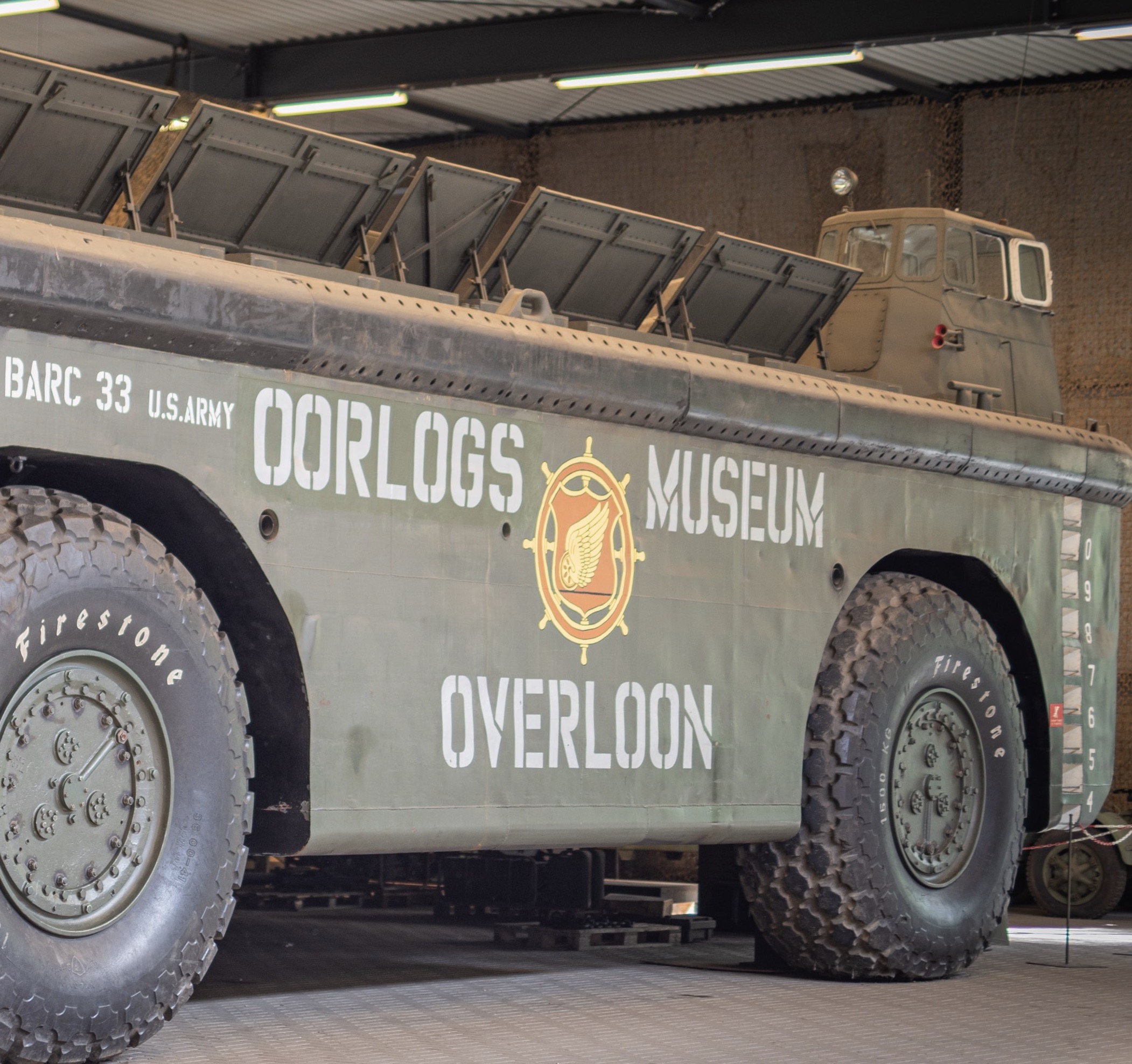A string of thefts across the Netherlands has led many war museums to quickly tighten their security after an estimated $1 million worth of items and Nazi paraphernalia was stolen from the Oorlogsmuseum in Ossendrecht.
Built and run by 77-year-old Jan de Jonge, the loss of artifacts has had a devastating effect. “I’m a bit … paralyzed. I did not work much the last two weeks,” Jonge told As It Happens host Carol Off.
The stolen memorabilia includes “SS uniforms, parachutes and firearms, including a German Fallschirmjägergewehr 42 (FG 42), a rifle that was used by German paratroopers worth €50,000,” The Guardian first reported. The thieves only took only Axis-related items, leaving the French, English, American, and Canadian items intact.
Particularly jarring for Jonge, who lives next to the museum, was that the thieves made off with items that were originally placed mere feet from his bedroom wall.
“That’s the strange thing,” he told Off. “We did not hear a thing, and I discovered it the next day.”
The thriving demand for World War II memorabilia, particularly from Nazi Germany, had led to other museums around the Netherlands to scramble to remove their most valuable items from display after the recent rash of break-ins, including roughly $1.7 million-worth of items linked to Adolf Hitler and the Nazi regime that were stolen in August from the Eyewitness Museum in Beek, Limburg.
“The collection consists only of original pieces and a number of masterpieces that are very rare and precious,” Wim Seelen, the museum’s owner, told The Guardian. “They knew what they were looking for. The only thing I can come up with is that someone ordered it. Many of the stolen items are so unique that you cannot sell them. Our world is a small one. As soon as something emerges from Beek or Ossendrecht, it will be immediately known.”
Just last week the Arnhem War Museum stated that it would be installing roadblocks to prevent large vehicles from entering the premises, and the Overloon War Museum is returning two rare books from the Nazi period, including the Book of the Dead from Auschwitz, which was on loan from the Netherlands Institute for War Documentation in Amsterdam, reports The Guardian.
The investigation into the highly organized thievery is ongoing, with no arrests made as of yet.





